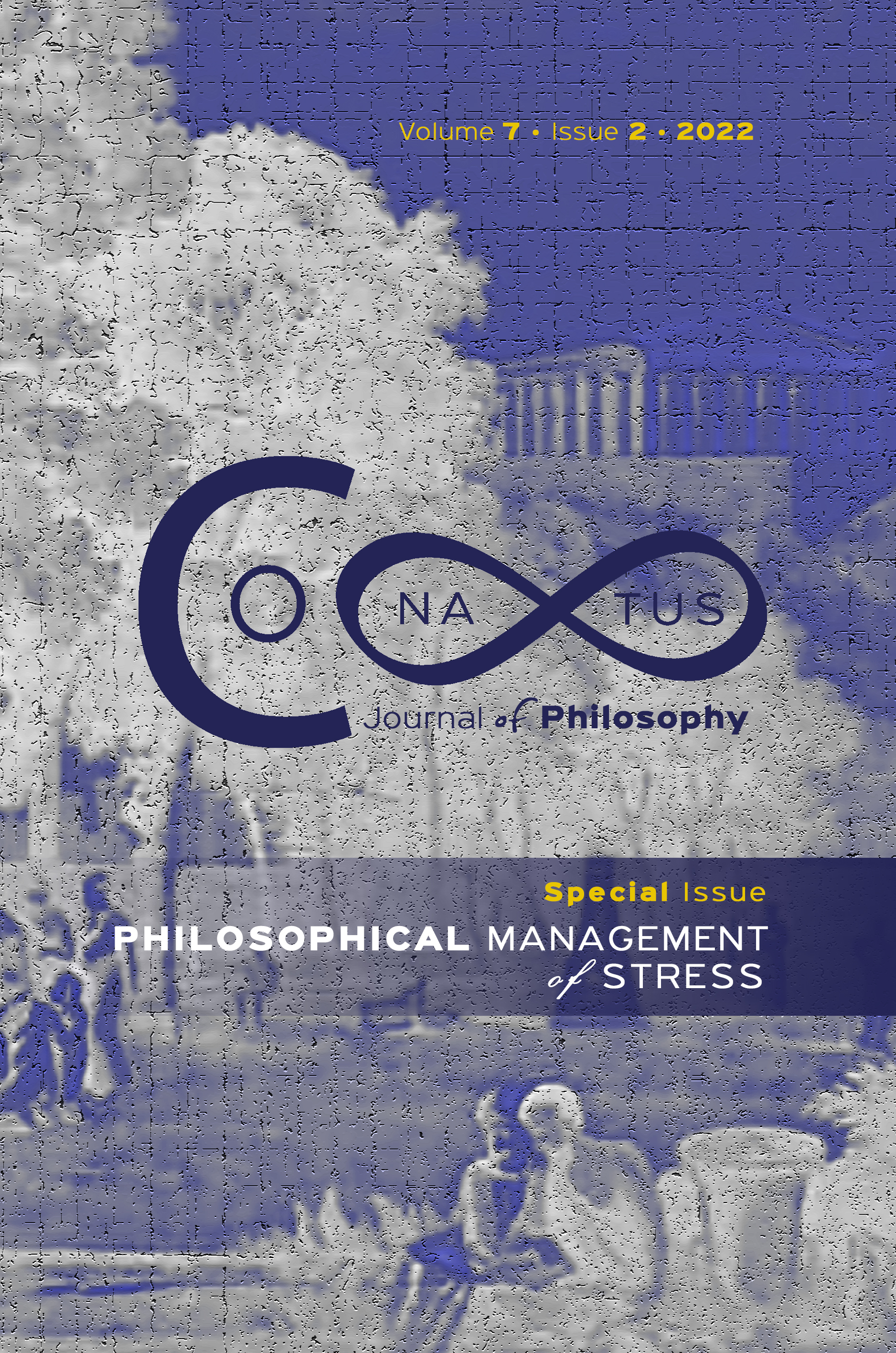Aesthetics, Psyche and Media: A Manifold of Mimesis in the Age of Simulation

Abstract
Within a dialogue with various authors, it seems that there can’t be just one universal reflection that allows us to comprehend the rising dynamism of new media. For example, Baudrillard declared the end of the traditional way of thinking about contemporary media and showed their role in the process of the endless simulation of truth. It has been shown that the contemporary world of media can be considered in dialogue with the philosophical tradition, and be evaluated in the phenomenological psychopathology (Fuchs) evaluation horizon. In this consideration, the notion of variation (Manovich), plays a key role in replacing the traditionally understood notion of mimesis. Artistic practice is precisely the main exemplar that shows the influence of new media on identity construction (simulated versions of personal identity), as well as the relationship between the artistic original and the copy. Although new digital media allows maintenance of desired (identity) simulations, its great potential is evident in enabling subjects to express their individuality, as well as in searching for new ways to improve their quality of life. This context opens a new problem, namely the one of avatar – a selected photo or image that defines the identity of entities present in the fields of the virtual agora (Baudrillard) and private chat rooms of the social media. Avatar`s function is being problematized by asking whether they represent the reduction and closure of the width of a person's beingness within the set image, or whether they facilitate and stimulate its realization by depriving them of the stress and discomfort that is caused by physical confrontation and intercourse with other persons in the living space. The given issue inevitably points to the problem of the general narcissism of our culture (Lasch), calling upon philosophical orientation to enter the discussion.
Article Details
- How to Cite
-
Todorović, T., Janeš, L., & Novaković, V. (2022). Aesthetics, Psyche and Media: A Manifold of Mimesis in the Age of Simulation. Conatus - Journal of Philosophy, 7(2), 119–141. https://doi.org/10.12681/cjp.31690
- Section
- Articles

This work is licensed under a Creative Commons Attribution-NonCommercial 4.0 International License.
Authors who publish with this journal agree to the following terms:
Authors retain copyright and grant the journal right of first publication with the work simultaneously licensed under a Creative Commons Attribution Non-Commercial International License (CC BY-NC 4.0) that allows others to share the work with an acknowledgement of the work's authorship and initial publication in this journal.
Authors are able to enter into separate, additional contractual arrangements for the non-exclusive distribution of the journal's published version of the work (e.g. post it to an institutional repository or publish it in a book), with an acknowledgement of its initial publication in this journal.
Authors are permitted and encouraged to post their work online (preferably in institutional repositories or on their website) prior to and during the submission process, as it can lead to productive exchanges, as well as earlier and greater citation of published work.





